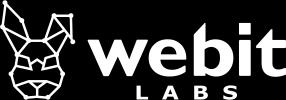

Web3 solutions and blockchain technology are revolutionizing the realm of gaming. They provide a framework for tokenizing in-game items, enabling safe, direct transactions and opening up fresh income opportunities for players. The permanence of blockchain validates the authenticity and possession of these virtual assets. With blockchain at the core, gamers gain a genuine sense of ownership within the gaming world, enriching their involvement and overall enjoyment.
Our contributions to the gaming industry span various fronts. We've facilitated user-customizable NFTs, enabling gamers to enhance their in-game experience. Our intuitive staking platform incentivizes asset engagement with daily token rewards and in order to add tangible value to these digital assets, we've developed an exchange platform for the conversion of proprietary tokens into cryptocurrency.
Players truly own their in-game assets, which can be tokenized as NFTs. These can be traded, sold or used across different games, giving players more control.
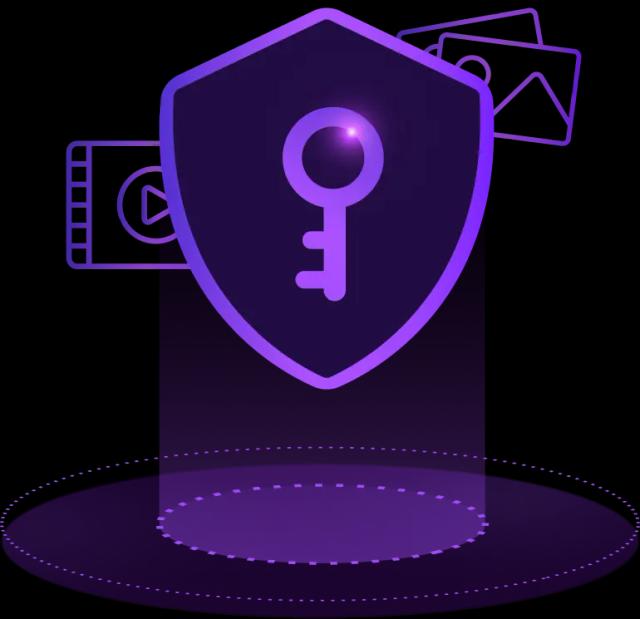
Blockchain enables 'Play-to-Earn' models, where players can earn real value from their gaming achievements and time invested.

The open nature of blockchain guarantees transparency. Players can verify game rules, rarity of items, and transaction history, creating a more fair gaming environment.

Blockchain facilitates safe and direct trading of in-game assets, without the need for third-party marketplaces or fear of fraud.

Tokenized assets can be used across multiple games or platforms, promoting an interconnected gaming ecosystem.
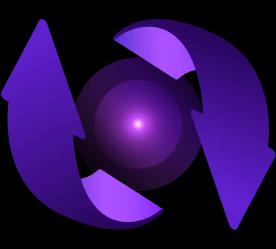
Blockchain enables the creation of decentralized gaming platforms, reducing reliance on central authorities or servers.

DAOs or token systems can incentivize community participation in game development decisions, leading to more engaging and player-focused games.
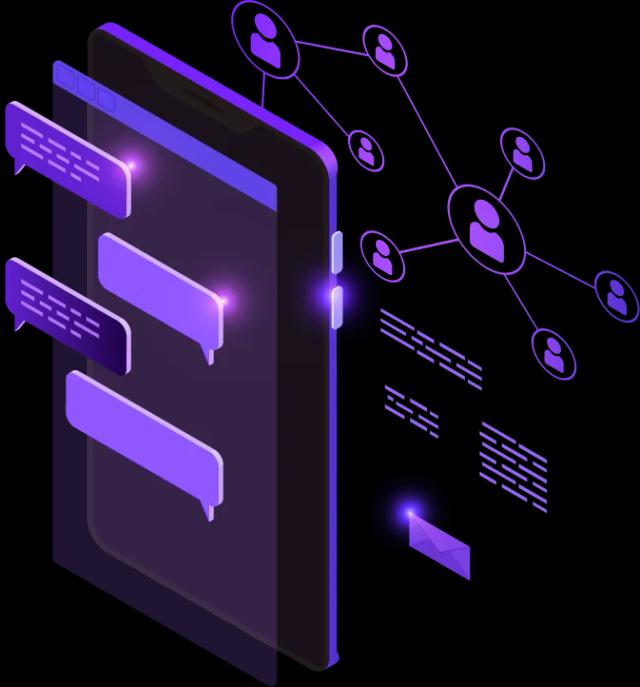
Blockchain records every action, win, loss, and transaction, creating an immutable history of a player's journey in the game.
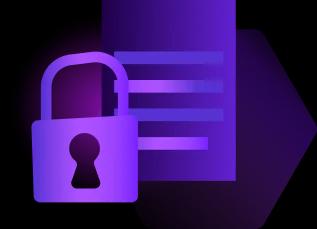
Blockchain's immutability helps prevent cheating and fraud in games, enhancing the overall gaming experience.
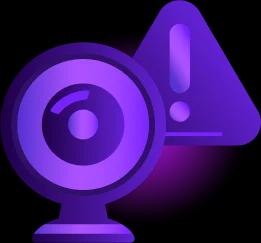
Blockchain can simulate real-world economies within games, where the value of in-game currency can fluctuate based on supply and demand.

Blockchain technology provides secure and efficient microtransactions, reducing the risks associated with traditional online payments.
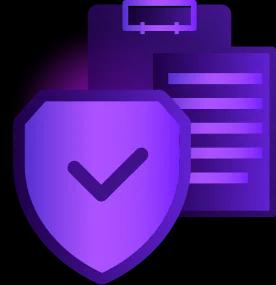
By issuing game-based tokens, developers can raise funds directly from their community, providing players with a stake in the game's success.
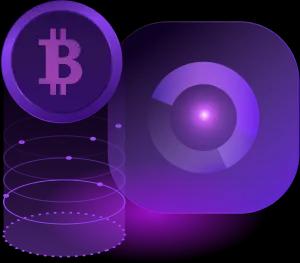
The concept of smart contracts enables the creation of self-executing in-game events, leading to innovative game formats and mechanics.

By cutting out intermediaries in transactions and digital asset trades, costs can be significantly reduced for both developers and players.
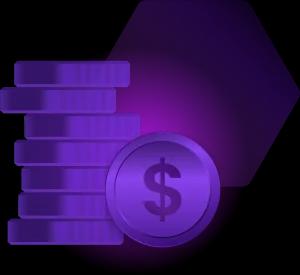
Blockchain can be used to verify player identity, reducing the risk of fake accounts and improving overall game integrity.

Blockchain technology is inherently borderless, making games accessible to a global player base regardless of geographical location or local financial systems.

Blockchain’s immutability feature helps in reducing game piracy, as each game copy can be traced back to the original owner.

Blockchain solutions like layer 2 scaling can handle large user bases and high transaction volumes, enabling games to grow and evolve without technical limitations.

Blockchain's transparent reward systems and token economics can increase player retention, as they provide tangible value and incentives for continued play.

Through blockchain, developers can incentivize contributions from players and other developers, fostering collaborative and community-driven game development.
